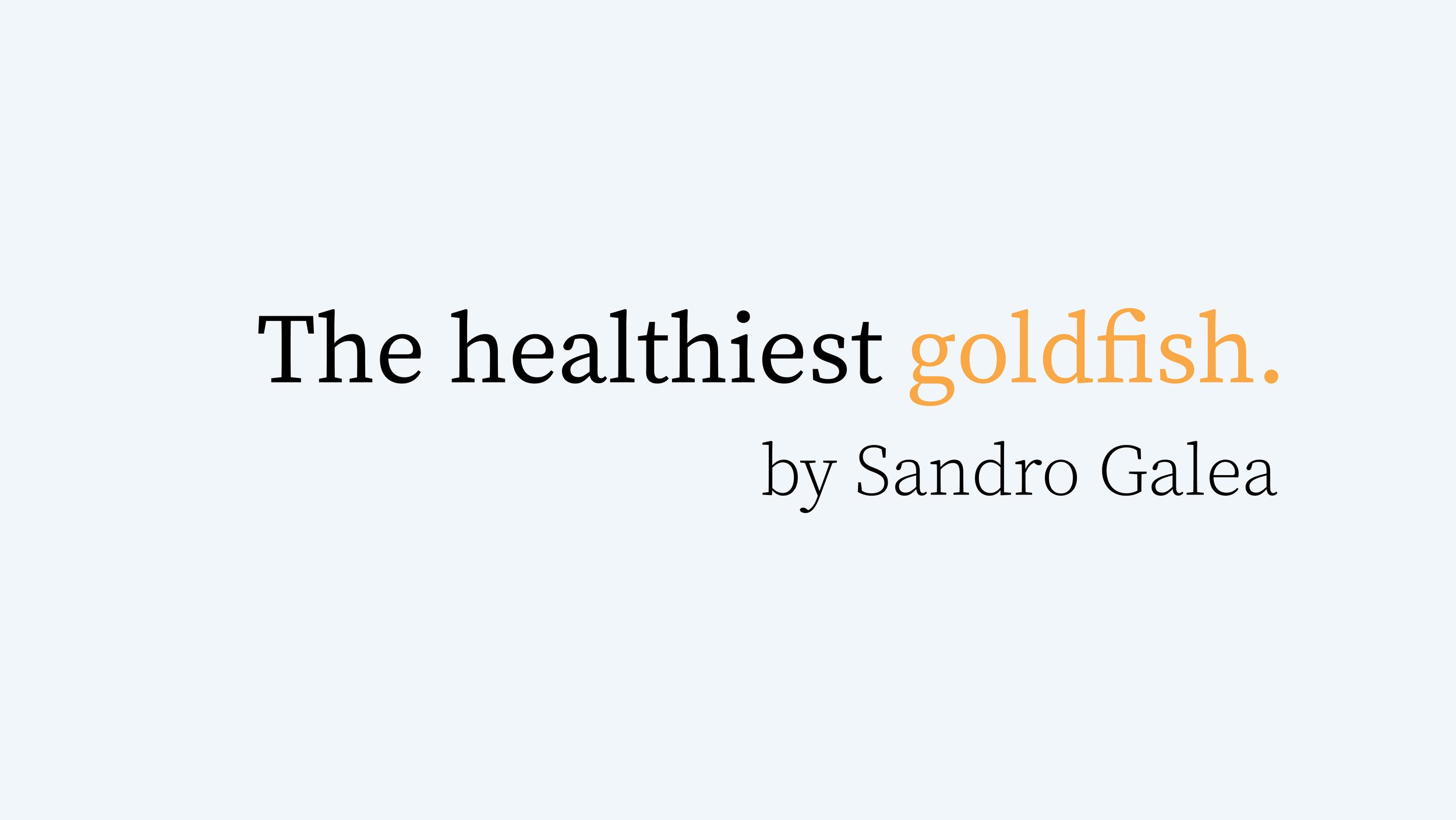On ideas, criticism, and the generative debates that shape a healthier world.
In recent writing for The Healthiest Goldfish, I have argued that we are in a post-war moment for public health. By this I mean that the disruption of the pandemic created space for a reimagining of public health, a shoring up of its foundations by integrating the lessons of COVID into what we do, to shape a new practical philosophy for our work. This has meant asking questions about what is most fundamental about what we do. Questions like: What is health for? What are the limits of science? How can we better center proportionality in public health thinking? How do we reconcile the role of individual behavior in shaping health outcomes with the structural drivers of health? How should we think about the influence of context, effort, and ability in shaping these outcomes?
These questions are consistent with writing I have done for many years in an effort to engage with the issues that matter for public health. I write because I have long believed that this is how ideas shift and change—through a process of thinking, writing, and debate. Participating in this process can, over time, help to change the paradigm around health, getting us closer to a healthier world. I encourage others to engage in this process, toward the goal of a more inclusive public conversation with many perspectives represented. Writing is at its best when it is a conversation, a debate. It is in the space between different views, in the generative conflict of ideas, that we sharpen our thinking and elevate the ideas that create a better world. As long as I have had a voice that people have listened to, I have seen it as part of my responsibility to engage in these conversations. This was the case at the beginning of my career, and it remains core to my current role as Dean of a school of public health. As such, I welcome views that are different from my own, I learn from them, and I would consider my time poorly spent if I did not, in the course of my daily reading, encounter one or two pieces of writing which challenge how I see the world.
Read more here




